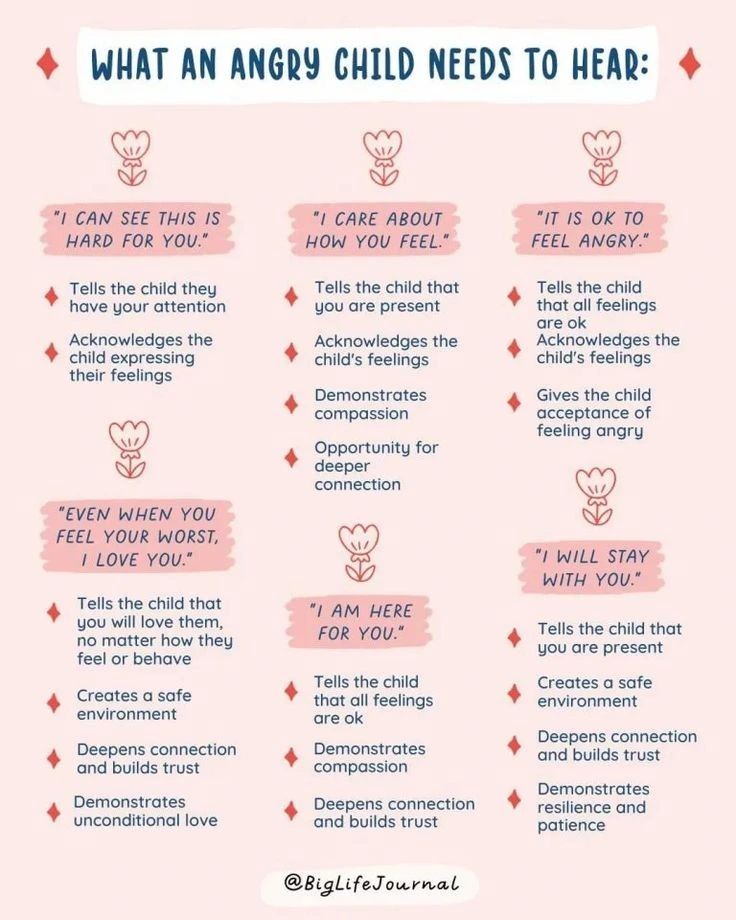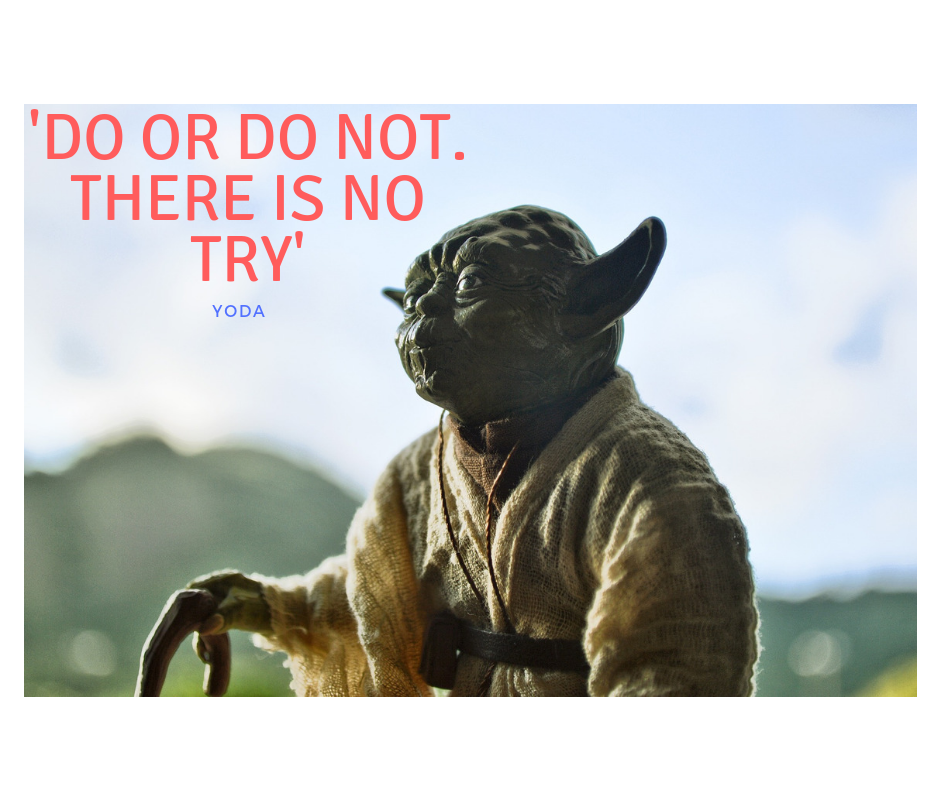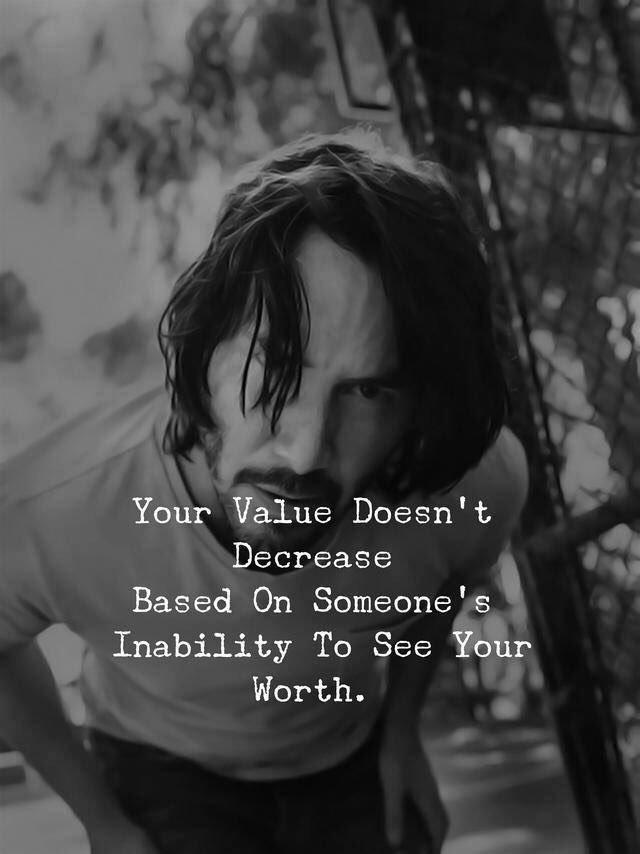Get Better At Giving Up
Sometimes when I make the suggestion that giving up is sometimes a good idea people look at me as if I’m crazy because surely in the world of what I do it’s all about ‘there is no failure only feedback’ and ‘keep on until you’ve got what you want’ and ‘follow your dreams’. All of that kind of stuff there is merit to thinking in an optimistic way but I tend to think of myself (generally speaking) as a bit more of a realist. There are times when you need to give up.
Sometimes people will stick with a job that makes them miserable because they have been conditioned, usually from generations before them, that once you are in something that is safe and solid and pays your wages or you get a good pension at the end of it you don’t let that go. Now we are much more aware and informed about how mental health in the workplace affects us. You don’t have to keep on going no matter how miserable it makes you. Sometimes people are in relationships that do not serve them in a positive way but they don’t give up on it because they’ve invested a lot already and maybe there are kids involved.
There is a quote that I love which says ‘don’t be afraid to walk away from a mistake just because you spent a lot of time making it’.
I’m not saying give up on your hopes and dreams and things that could work out positively for you in the future; what I am saying is that there are times when you need to walk away because when we look at things from a realistic perspective it’s never going to move forward happily. For some people there can be a real internal conflict around the idea of giving up on something because just the term is giving up are really not all that helpful to us. We often think about giving up as having some negative connotations to us and that might be part of the reason why we are reluctant to do it. Why would I give up? I have my pride to think of here!
It’s not necessarily going to be a bad thing if what we are getting in return is a higher set of standards. When you raise your personal standards about what it is that you want from life, what it is that you expect from others in life, what it is you expect from yourself, then that can open up a whole new world of giving up on the things that were not actually serving you positively in the first place.
I see this most commonly in people’s personal relationships. There are interactions that you have with other people where you know, deep down, if you’re honest with yourself and really connect with your gut, it almost frightens you to recognise the truth which is that this relationship has run its course. There is nothing left between you now – nothing good anyway – and it’s starting to get painful. Very often when we come up against these sorts of situations in our life those are the times when it’s most challenging to give up and walk away, because of the investment that we’ve made. Sometimes we get really good at justifying another person’s circumstances to give us reasons to stay because we feel uncomfortable with the disconnection. Maybe we feel uncomfortable with the reality that we’re going to be losing out on that love (or the potential for love) from that person. To me, these are also some of the most obvious times to think about giving up as being a positive step forward.
Some people will only ever be loyal to their need of you: they’re not actually loyal to you, they’re loyal to their need of you and when they stop needing you they’ll stop being loyal to you. Knowing that that’s the likelihood of how this relationship is going to transpire later on you will feel infinitely better with your future self if you made the decision to give up and walk away rather than waiting for them to do that to you.
The other good reason for taking control of that situation – raising your standards and walking away – be that a bad relationship or a rubbish job or a friendship that isn’t working for you anymore is when it comes from you having raised your standards and made that decision and action it will very often either resolve the situation in a way that actually the investment that you needed from others suddenly transforms!
For example, if you say to your boss ‘I’m leaving because I don’t feel valued here anymore and I’m miserable and unhappy’ if it turns out that actually your boss really does value you at the moment that you choose to walk away they’re most likely to put together a package of something to get you to stay. If anything’s going to save it it’s the threat of you leaving and it’s with you wholeheartedly committing to following through on that decision, not just doing it to see if you’ll get the reaction. You have to be prepared to wholeheartedly follow through on that decision should it come to it. Avoiding workplace stress is of utmost importance.
The first good thing about giving up and raising your standards and walking away is that it can evoke a positive reaction from whomever it is that you’re engaging with. The other good thing is is that if it doesn’t work out that way – if you don’t get the reaction from the other person that you had intended – you will move on fast because you will be busy in your new situation. Your new set of circumstances, having let go and raised your standards will keep you busy! You will move on much faster and you can find happiness in that new space. You were never going to have it before because it became too polluted and too toxic. Giving up and moving on can be such a powerful thing for you to do because what it offers you is an opportunity to have freedom from those negative feelings. It offers you an opportunity to grow yourself as a person once again and, when we’re in a state of growth we’re very often happiest. When we are stagnant and stale that’s when things start to get really uncomfortable.
So let’s not think of giving up as something to be afraid of or ashamed of, or something that we want to avoid doing in our lives. Let’s think of giving up as our way of saying ‘I’m letting this go because I’ve got higher standards now than I used to have. I am invested in becoming a better person than I was before and to do that I need to let some of the old go’. Sometimes by giving up we send out a message about our own self-worth and we tell the others that we are interacting with ‘this is where my self-respect is at and in this interaction between us that self-respect level is not being met and for that reason, I would rather be in a situation where I do not have you. I would rather have nothing at all than to have that because I’ve recognised in myself that what you are offering to me doesn’t hit my standard and that is damaging to myself to accept that. I like myself enough to be able to walk away knowing that potentially I could be left without anything. I would rather have that than to have the toxicity that is coming by staying with you’.
So here’s what we’re going to do. It’s the end of the year; we’re going to have an end-of-the-year audit. We’re going to look back at the various different areas of our lives and think about what we’ve got: relationships, health and well-being, finances, career, personal development, spirituality and whatever else you want to add into it. I want you to look through it and evaluate each one of those areas and score it from zero up to ten. Ten being it is functioning in the best possible way and zero being it’s really pretty darn bad. Decide what number you would be on that scale for each of those different areas and if on any one of those areas there is a number that you are uncomfortable with (maybe it’s below five for example) look at those and say ‘is there something in that area of my life that I either need to give up on or I need to get started on?’
Look at the getting started on that stuff in January, because that’s a good time to think about starting stuff, but at this point in time, it’s the end of the year so we’re going start thinking about what it is that we need to give up on in order to give ourselves the headspace and freedom, the energy and creativity to really be able to put everything we’ve got into starting afresh and for employers to start to offer provisions for mental health in the workplace.
By Gemma Bailey




